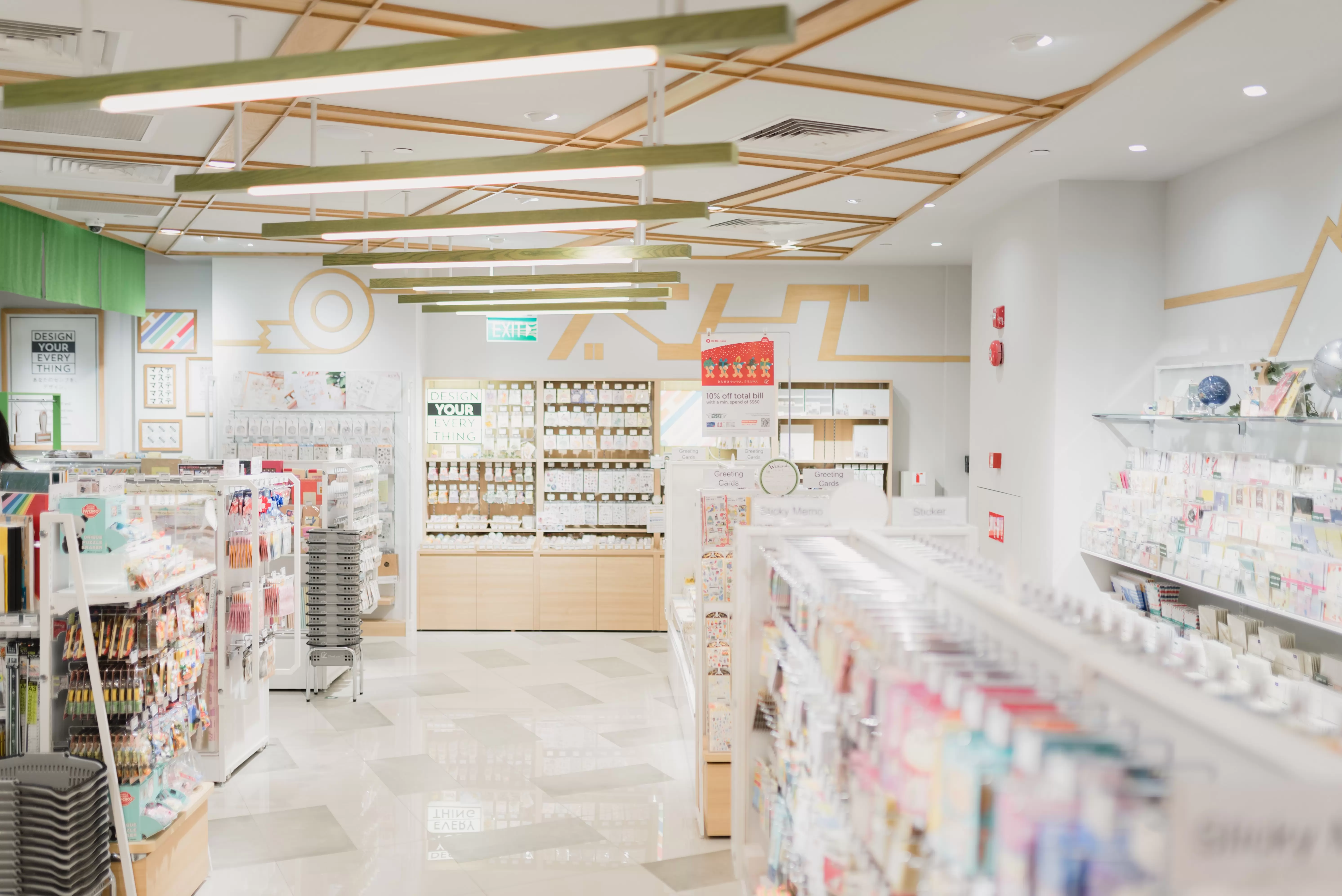Detailed content of our market study
 Inforamtion
Inforamtion
- Number of pages : 35 pages
- Format : Digital and PDF versions
- Last update :
 Summary and extracts
Summary and extracts
1 Market overview
1.1 Definition and scope of study
The parapharmacy market refers to all sales of care and hygiene products (for adults and babies), as well as beauty products, dietetics and food supplements, which do not require a prescription. It is also necessary to include small appliances such as nail files or electric toothbrushes.
The parapharmacy market in Portugal has evolved considerably since its creation in the 1980s. The consumption of parapharmaceuticals has been democratised by opening up to all types of distribution:
- The pharmacies Historic players, continue to capture 75% of the market. To maintain their hegemony, they are developing their own brands at competitive prices.
- Specialty brands (Parashop) In the fashionable 1990s, they were threatened by the offensive of mass distribution and by insufficient investment capacity.
- GSA parapharmacies (Corte Ingles): their weight has increased significantly in recent years. They anticipate an exit from the monopoly of over-the-counter (OTC) drugs
- Online sales are increasing and are taking advantage of the recent success of Internet sales.
- Mass distribution which invests heavily in the sector
In Portugal, consumers are beginning to focus on health prevention rather than treating them after they appear. This change of mentality increases the demand for parapharmaceutical products to the detriment of medicines. This type of commercial channel is developing rapidly and is exploited by the parapharmacies that offer products with this objective in mind.
In addition to enjoying comparative pricing advantages, these players benefit from their expertise in other fields and invest their resources in aggressive marketing. There is no doubt that these chains have been able to adapt to the Portuguese people's pricing concerns. Today, parapharmacies already account for a significant share of total sales of dermocosmetic products.
All our studies are available online in PDF format
Take a look at an example of our research on another market!
 Choosing this study means :
Choosing this study means :
Access to more than 35 hours of work
Our studies are the result of over 35 hours of research and analysis. Using our studies allows you to devote more time and added value to your projects.
Benefit from 6 years' experience and over 1,500 industry reports already produced
Our expertise enables us to produce comprehensive studies in all sectors, including niche and emerging markets.
Our know-how and methodology enable us to produce reports that offer unique value for money.
Access to several thousand articles and paid-for data
Businesscoot has access to all the paid economic press as well as exclusive databases to carry out its market research (over 30,000 articles and private sources).
To enhance our research, our analysts also use web indicators (semrush, trends, etc.) to identify market trends and company strategies. (Consult our paying sources)
Guaranteed support after your purchase
A team dedicated to after-sales service, to guarantee you a high level of satisfaction. +44 238 097 0676
A digital format designed for our users
Not only do you have access to a PDF, but also to a digital version designed for our customers. This version gives you access to sources, data in Excel format and graphics. The content of the study can therefore be easily retrieved and adapted for your specific needs.
 Our offers :
Our offers :
the parapharmacy market | Portugal
- What are the figures on the size and growth of the market?
- What is driving the growth of the market and its evolution?
- What is the positioning of companies in the value chain?
- Data from several dozen databases
5 reports pack (-15%) PT Portugal
- 5 reports at €75.6 excluding VAT per study to choose from our Portuguese catalogue for 12 months
- Save 15% on additional studies purchased
- Choose to be refunded any unused credit at the end of the 12-month period (duration of the pack)
See the terms and conditions of the pack and the refund of unused credit.















